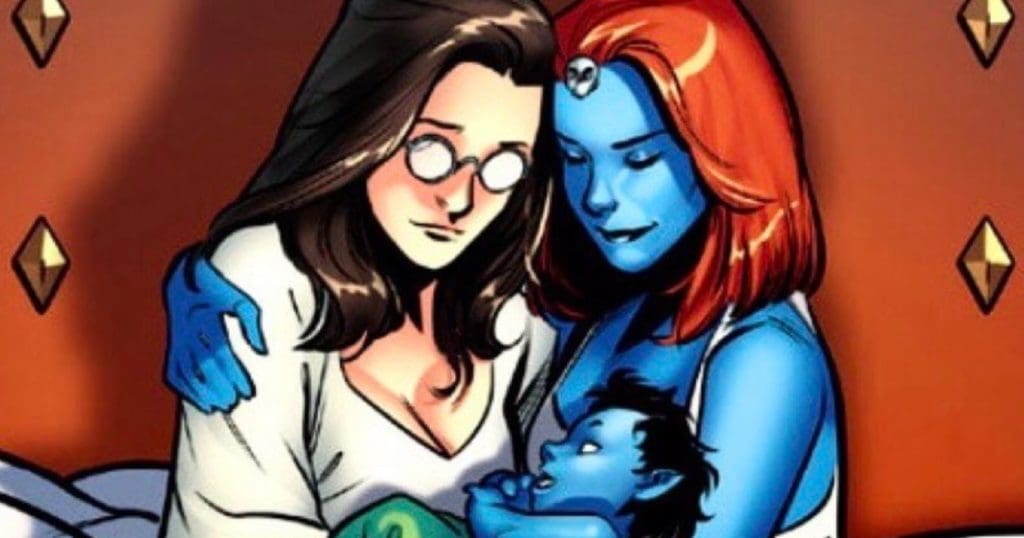Revelations in X-Men: Mystique as Nightcrawler’s Father in Groundbreaking Backstory
Mystique's Pivotal Role in Nightcrawler's Origin Redefined

Marvel’s “X-Men Blue: Origins” has introduced a profound shift in Nightcrawler’s origin story, presenting Mystique as his father in a unique gender-swap narrative. The comic, written by Si Spurrier and illustrated by Marcus To, revisits the longstanding ambiguities in Nightcrawler’s parentage and reinterprets them in a contemporary context.
The initial backstory of Nightcrawler, portrayed by Alan Cumming in 2003’s X-Men sequel, X2, linked his lineage to Mystique and Baron Christian Wagner. However, a twist came in the 2003 comic “Uncanny X-Men: The Draco,” which attributed his parentage to Azazel. This latest iteration in “X-Men Blue: Origins” discounts both these versions, bringing a new dimension to the story.
In a poignant scene, Nightcrawler confronts Mystique about his origins, leading to a revelation about Mystique’s relationship with Destiny. Mystique, using her shapeshifting abilities, changes her reproductive organs to conceive Kurt, using Azazel’s genetic material. This narrative choice aligns with X-Men writer Chris Claremont’s vision, hinted at in Scott Lobdell’s 1995 “X-Men Unlimited #4,” which discussed Claremont’s intention for Mystique and Destiny to be Nightcrawler’s parents.
This storyline not only alters Nightcrawler’s origin but also underscores the evolving portrayal of gender and queer relationships in comic books. Mystique and Destiny’s relationship, a favorite among fans but only recently acknowledged in print by Marvel, adds a layer of depth and inclusivity to the X-Men universe.
The comic’s exploration of societal challenges, coupled with its bold narrative choices, signifies Marvel’s commitment to diverse storytelling. It reflects an industry-wide shift towards more nuanced and representative narratives, challenging traditional gender norms and embracing the complexity of identity.
The “X-Men Blue: Origins” series is more than a mere comic; it’s a statement on the evolving dynamics of storytelling in the superhero genre, offering a fresh perspective on familiar characters and their stories.
Radio Power Strike - The Innovation of Music!

Comments are closed, but trackbacks and pingbacks are open.